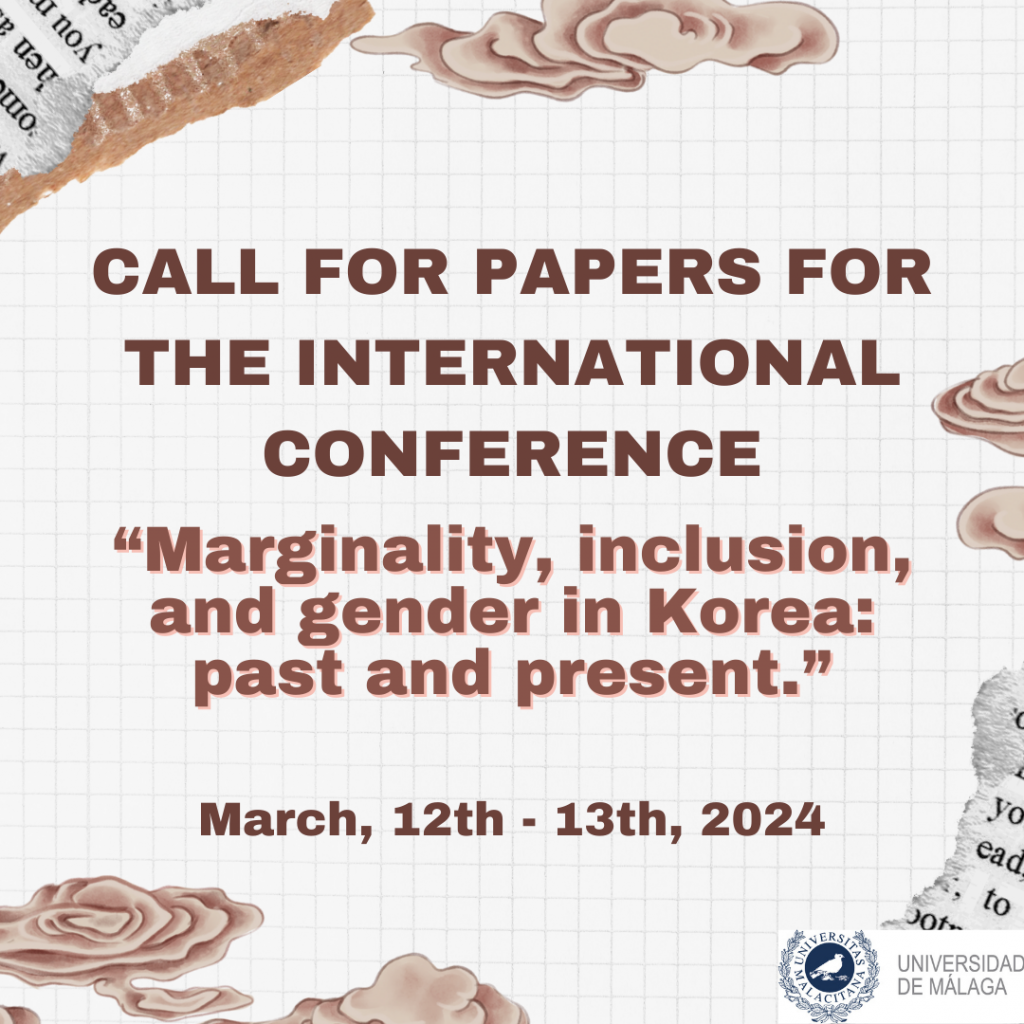Verge Issue 12.1: Studies in Global Asia
“Trade in Humans”
A PDF of this call is available
here. Please direct all questions to
verge@psu.edu.
Trade in humans is a vast and age-old engine of migration between regions in the Asia-Pacific and, since the sixteenth century, from Asia to the Americas, Africa, and Europe. This special issue of Verge seeks to illuminate both the ubiquity of the trade in Asian people and its particularities across time and space. Indispensable to both Asian polities and Western empires, to nation-building in the Americas and to the development of global capitalism, Asians as agents and objects of trade in humans also formed the core of Asian diasporas and hybridized cultures worldwide. Such circulation of Asian persons and labor profoundly influenced the formation of our modern world.
In documenting the widespread trade in Asian people, scholars have been divided on whether to call it a slave trade, with some identifying cases that clearly fit the term, while others eschew it in favor of a range of alternatives. Asian languages offer many relevant terms – such as人身売買 [Japanese for “buying and selling human bodies”] or sŏnsang nobi 選上奴婢 [Korean for “slaves selected and sent up to the capital”] – for practices that may not map neatly onto Western legal and cultural categories.
We use the term “trade in humans” in hope that this issue will engage with a broad scope of historical and contemporary forms of commodification, sale, alienation, and forced migration of Asian people. Rather than presume the forms and limits of exploitation, we seek to open up a conversation across fields and terminological silos. Topics explored may potentially range from slave trading to adoption, child marriage, resettlement, trafficking, indentured labor, “coolietude,” and military conscription.
This special issue will attend to problems of translation and the texture of human experience undergirding linguistic, legal, political, and cultural attempts to represent or obfuscate the transregional trade in humans. We seek contributions from a wide variety of fields: Asian studies and Asian American studies, history, legal studies, sociology, anthropology, and diaspora studies, among others. We welcome contributions that explore the influence of these diverse trades across all Asian regions, the Americas, and beyond, as well as local or international legacies.
Convergence Feature Proposals
One of Verge: Studies in Global Asias’ distinctive features is an opening section called Convergence, where we curate a rotating series of rubrics that emphasize collaborative intellectual engagement and exchange. Each issue features several of the following rubrics: A&Q, a responsive dialogue, either in interview or roundtable format, inspired by a set of questions; Codex, a collaborative discussion and assessment of books, films, or exhibits; Translation, for texts, primary or secondary, not yet available in English; Field Trip, reports from various subfields of the disciplines; Portfolio, commentaries on visual images; and Interface, texts exploring the resources of the print-digital world. We welcome those interested in these features to submit a Convergence proposal for the issue.
Proposals should be 1–2 pages in length and indicate what kind of feature is being proposed; demonstrate an awareness of the formats utilized by the journal; include an abstract and, if collaborative, a list of proposed contributors; and include a short (2 pg) cv.
The Convergence proposals deadline is March 15, 2024; however, we encourage those interested in submitting a proposal to contact the editors about their ideas in advance of this date. Please direct all inquiries and submissions to verge@psu.edu.
Essay Submissions
Essays (between
6,000-10,000 words) and
abstracts (
125 words) should be submitted electronically through
this submission form by
August 30, 2024 and prepared according to the author-date + bibliography format of the
Chicago Manual of Style. See section 2.38 of the
University of Minnesota Press style guide or
chapter 15 of the Chicago Manual of Style Online for additional formatting information.
Authors’ names should not appear on manuscripts; instead, please include a separate document with the author’s name, address, institutional affiliations, and the title of the article with your electronic submission. Authors should not refer to themselves in the first person in the submitted text or notes if such references would identify them; any necessary references to the author’s previous work, for example, should be in the third person.

















